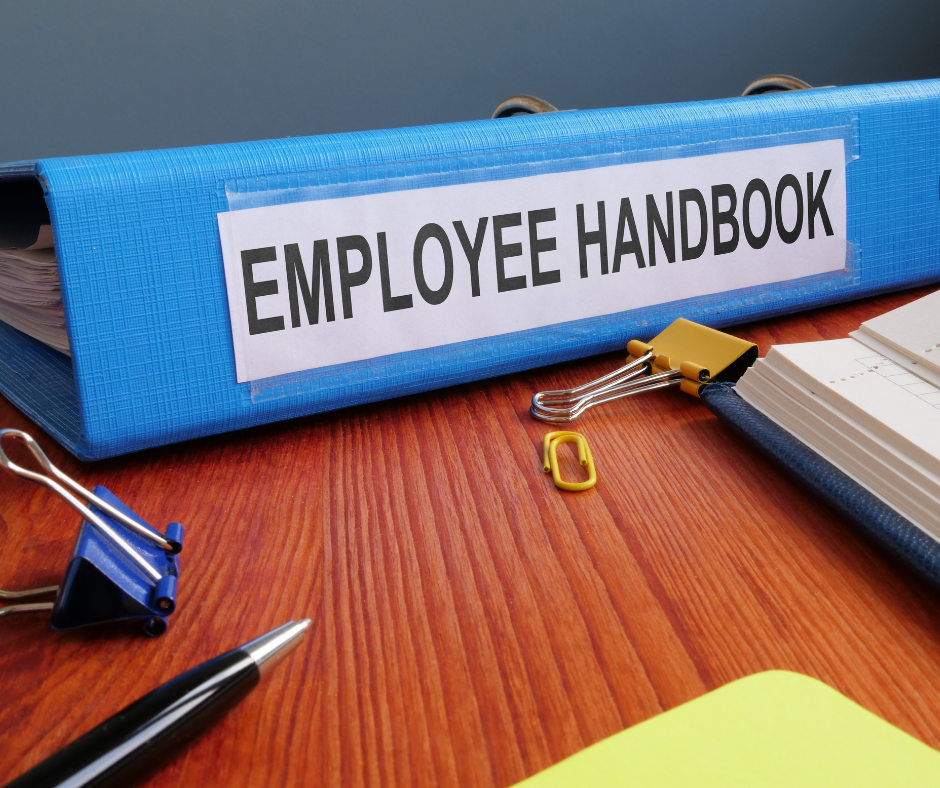
Blog
-

Supporting Your Workforce: The Value of Dependent Care Assistance Programs (DCAPs)
Want to attract and keep top talent? Your benefits package is crucial! Think beyond just health and retirement. Fringe benefits […]
-

Benefits 101: What Is Cancer Insurance?
The word “cancer” carries a weight that extends far beyond its medical implications. Beyond the physical and emotional toll, a […]
-

Why People Analytics Are Paramount
Almost one-third of businesses or 31 percent are planning to invest in business intelligence and data analytics in the next […]
-

Form 5500 Filing Requirements: Deadlines, Penalties, and Compliance Options
If your company provides an employee benefit plan governed by the Employee Retirement Income Security Act (ERISA), you are likely […]
-

The Clock is Ticking: Don’t Miss the Deadline for the EEO-1 Report
The annual EEO-1 Report, mandated by the Equal Employment Opportunity Commission (EEOC), is a cornerstone of workplace diversity and anti-discrimination […]
-

Mind Matters: Supporting Employee Mental Health at Work
Every year, millions of people experience mental health challenges with limited access to care. According to the World Health Organization, […]
-

Disability Insurance Explained: Long-Term Disability
Your most valuable asset isn’t your house, car or retirement account. It’s the ability to make a living. Long-term disability […]
-

What is Mental Health and Wellness in HR?
Mental health and wellness in HR is the practice of employers caring about the health and stress management of their workers […]
-

From Anxiety to Action: Managing the Impact of Doomscrolling on Your Well-Being
In stressful or uncertain times, it’s easy to get caught in an endless cycle of scrolling through negative news and […]
-

Voluntary Benefits: The Missing Piece of Your Compensation Puzzle
The Rise of Voluntary Benefits As healthcare costs increase, so does the demand for voluntary benefits. These optional benefits allow […]
-

Beyond the Dust: Crafting an Employee Handbook That Actually Gets Read (and Works!)
Let’s be honest, HR leaders: how many teams have poured hours into crafting an employee handbook, only to find it […]
-

The Big Differences Among Generations at Work
The generations at work – Gen Z, Millennials, Gen X, and Baby Boomers – continue to fascinate business leaders and especially those in HR, who are charged […]
RECENT POSTS
-
Supporting Your Workforce: The Value of Dependent Care Assistance Programs (DCAPs)
-
Benefits 101: What Is Cancer Insurance?
-
Why People Analytics Are Paramount
-
Form 5500 Filing Requirements: Deadlines, Penalties, and Compliance Options
-
The Clock is Ticking: Don’t Miss the Deadline for the EEO-1 Report
TAGS
Balance Benefits Education Benefits Packages Blood Pressure Burnout Emotional Compensation Empathetic Leadership. Empathy Employee Appreciation Employee Experience Employee Handbook EOB Explanation of Benefits Financial Fitness Financial Health Financial Safety Nets Flexibility Fringe Benefits Future of Work Generational Stereotypes Gen Z Gestational Diabetes Healthcare Costs HR Trends Hybrid Work Inflation L&D Learning Culture Lifestyle Benefits Lifestyle Spending Account LSAs Mental Health Awareness Multigenerational Benefits Price Transparency Quitting Rage Applying Recruiting Rewards Stress Management Talent Acquisition Talent Management Transparency in Coverage Type 1 Type 2 Virtual Primary Care VPC
